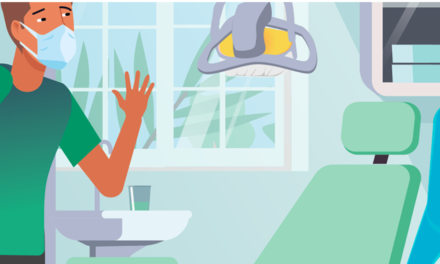Baltimore, MD – A new study conducted at Kennedy Krieger Institute highlights the critical need for universal suicide risk screening in pediatric outpatient settings, particularly for children with neurological, developmental, and behavioral disorders. The research, published in the journal Academic Pediatrics, found that children as young as eight years old may be at significant risk, emphasizing the importance of proactive screening.
“Suicide is the second leading cause of death in children and young adults,” said Dr. Allison Gornik, a clinical psychologist and member of the research team. “Universal screening allows us to identify children whose suicidal thoughts and behaviors may otherwise go undetected.”
The study reviewed over 10,000 screenings conducted on children aged 8 to 17 across Kennedy Krieger’s various clinics, including medical, autism-focused, and behavioral/mental health settings. A concerning 10.3% of children screened reported suicidal thoughts or behaviors.
Key findings include:
- Significantly higher rates of positive screenings in autism-focused and behavioral/mental health clinics compared to general medical clinics.
- Increased risk among older children, females, and those who self-reported their suicidal thoughts.
- A significant number of parents declined screening, highlighting the need for improved communication and education about the importance of this critical assessment.
“The simple act of asking children directly about their thoughts and feelings can save lives,” said Dr. Paul Lipkin, Professor of Pediatrics at Kennedy Krieger. “Knowing that a child is experiencing this allows us to engage in safety planning and connect the family with essential resources.”
Kennedy Krieger’s screening program utilizes the Ask Suicide-Screening Questions (ASQ) tool, a brief and evidence-based method for quickly identifying children at risk. This research underscores the importance of implementing similar screening programs in pediatric settings nationwide to ensure the well-being and safety of all children.
Disclaimer: This news article is for informational purposes only and does not constitute medical advice.












